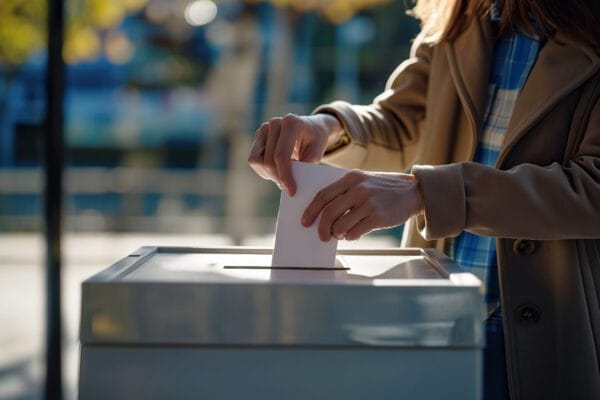
Ducey order directs state police to cite law-breaking lawmakers
By Carmen Forman | Arizona Capitol Times
Call it the Rep. Paul Mosley Act of 2018.
Gov. Doug Ducey signed an executive order Friday making it clear that law enforcement officers may ticket lawmakers and other elected officials when they endanger public safety through excessive speeding or other traffic violations.
Ducey’s order comes after news emerged earlier this month that Mosley was pulled over in March for going 40 miles per hour over the posted speed limit.
Claiming “legislative immunity,” the Republican lawmaker from Lake Havasu City wasn’t ticketed for the March 27 incident, nor was he ticketed for several other moving violations in the past two years.
But Ducey’s executive order clarifies that even with legislative immunity, elected officials aren’t exempt from Arizona’s laws. Public safety is paramount, Ducey said in a statement.
“No one is above the law, and certainly not politicians,” he said. “Everyone should know that, but clearly a reminder is needed.”
Specifically, Ducey’s order says law enforcement officers may cite elected officials that incur criminal traffic violations such as reckless driving, criminal speeding and driving under the influence. His decree also specifies that legislative immunity only applies during the legislative session and the 15 days leading up to the start of the session.
Under state statute, Mosley could have been cited for criminal speeding on March 27 for traveling more than 20 miles per hour over the speed limit.
The immunity clause in the Arizona Constitution bars lawmakers, legislative staff and aides from being arrested, prosecuted or sued for legislative acts. Immunity typically applies to any type of legislative action related to introducing, drafting and voting on legislation.
It does not, however, prevent a lawmaker from being cited or arrested for an incident that isn’t related to the legislative process during the legislative session.







